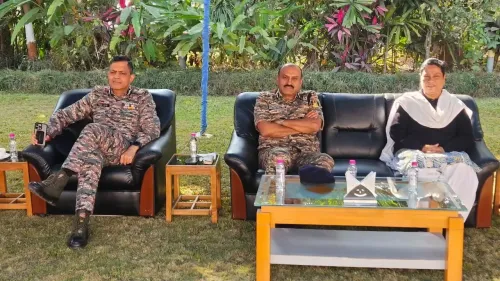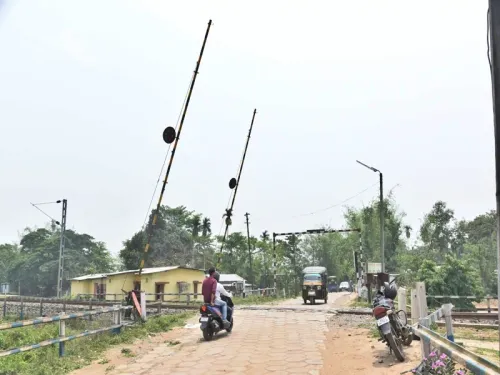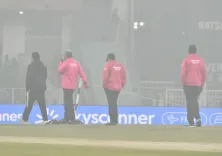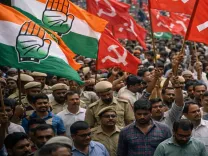Will the India-EU FTA Talks Achieve a Constructive Conclusion?
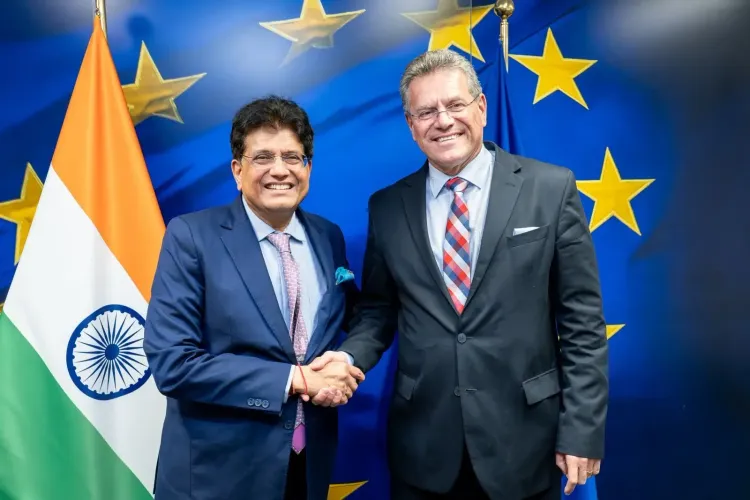
Synopsis
Key Takeaways
- EU delegation visits India to advance FTA negotiations.
- Goal is a constructive conclusion by identifying potential solutions.
- Commitment to finalize the FTA by end of 2025.
- Focus on mutually beneficial trade agreements.
- Addressing tariff and non-tariff barriers is crucial for mutual growth.
New Delhi, Oct 29 (NationPress) In a bid to further the discussions on the free trade agreement (FTA), a European Union technical delegation, headed by Director General for Trade Sabine Weyand, is set to arrive in India next week. Their goal is to reach a constructive conclusion based on the potential solutions identified in recent discussions, according to an official statement released on Wednesday.
Union Commerce and Industry Minister, Piyush Goyal, recently visited Brussels from October 26-28, where he engaged in fruitful discussions with Maros Sefcovic, the European Commissioner for Trade and Economic Security, along with his team, addressing the key issues surrounding the India-EU FTA negotiations.
Both parties have reiterated their shared intention to finalize the India-EU FTA by the close of 2025, following the clear directives from Prime Minister Shri Narendra Modi and President of the European Commission Ursula von der Leyen during the College of Commissioners’ visit to New Delhi in February 2025, as stated in the official communication.
The discussions were centered on crafting a mutually beneficial, balanced, and equitable trade agreement, which reflects the profound political trust and strategic partnership between India and the European Union, while also respecting each other's priorities and sensitivities.
The statement emphasized that India acknowledges the necessity of ensuring that the FTA effectively addresses both tariff and non-tariff barriers, alongside developing transparent and predictable regulatory frameworks to facilitate trade for both partners in the foreseeable future.
Intensive discussions took place to identify potential resolutions regarding outstanding issues.
Significant dialogue also occurred concerning India's concerns regarding Non-Tariff Measures and the new regulations set forth by the EU. During these talks, Goyal stressed the importance of preferential treatment for India’s key requests, especially concerning labor-intensive sectors.
Both parties agreed to collaborate closely to finalize the non-sensitive industrial tariff lines. They also acknowledged that further discussions are necessary regarding issues related to Steel, Auto, CBAM, and other EU regulations due to their heightened sensitivities.
The statement concluded with a note from India expressing eagerness to work alongside the European Union to turn this vision into reality through shared innovation, balanced, equitable, and meaningful trade, as well as a collective commitment to peace and prosperity.



